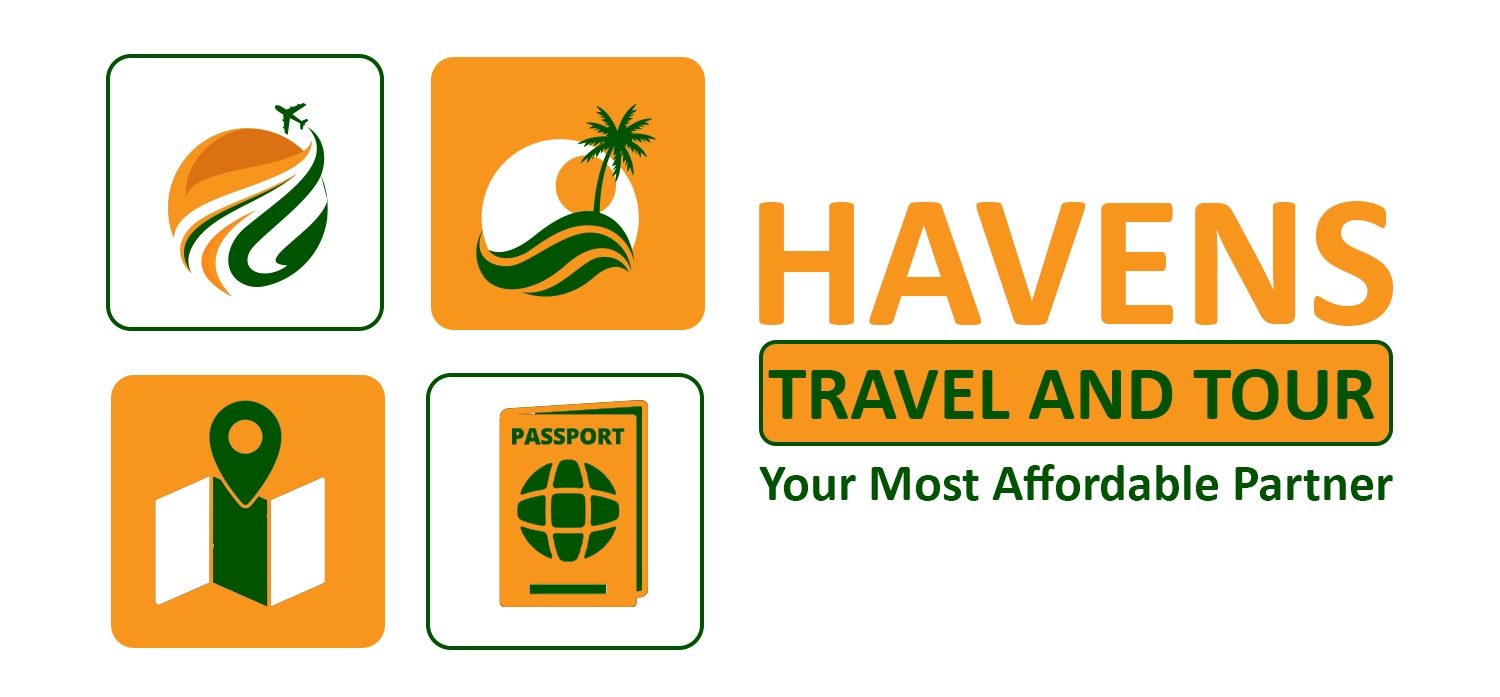Canadian University with Curriculum Licensing Arrangement.
Starting from September 1, 2024, there will be significant changes to the eligibility criteria for the Post-Graduation Work Permit (PGWP) in Canada. The revised regulations will particularly affect graduates from institutions operating under the Public-Private Institution Models, also known as Public-Private Partnerships (PPPs). This article delves into the dynamics of these models, their advantages and challenges, and the implications of the new policy on international students.
What is the Curriculum Licensing Arrangement?
A Curriculum Licensing Arrangement, commonly known as a licensing agreement or partnership, is an agreement between educational institutions where one institution (often a public college or university) allows another institution (usually a private college or educational provider) to use its curriculum or educational materials. This arrangement enables the private institution to offer courses or programs based on the curriculum of the public institution.
What are Public-Private Institution Models?
Public-Private Institution Models involve partnerships between public and private colleges, wherein the private institution utilizes the curriculum of a public college through a licensing arrangement. This collaboration allows private institutions to enroll international students, benefiting both parties financially. Public colleges receive a share of the fees paid by private colleges, while the latter earns more from international students than local ones. Notable examples in Ontario include St. Lawrence College’s partnership with Alpha College of Business and Technology and Lambton College’s collaboration with Queen’s College.
While these models offer advantages such as access to larger cities for international students, concerns have been raised about the quality of education provided. The Minister of Immigration has drawn attention to some private colleges, likening them to “massage parlors in strip malls,” suggesting a potential mismatch between the educational purpose and student activities. Instances of students spending more time driving for ride-sharing services than studying have been cited, raising questions about the effectiveness of such partnerships.
Changes impacted by the New Policy and PGWP Ineligibility.
The major shift in policy comes with the announcement that graduates from institutions operating under these PPPPs will no longer be eligible to apply for a PGWP. This decision aims to address concerns about the educational quality and outcomes for students within these models. The government’s move underscores a commitment to ensuring that the PGWP program benefits graduates from institutions providing a high standard of education and prepares them adequately for the Canadian job market.
List of Universities in Canada Offering Programs Under the Curriculum Licensing Arrangement
For a general overview of universities in Canada, some notable ones include:
University of Toronto
University of British Columbia
McGill University
University of Alberta
University of Waterloo
University of Calgary
McMaster University
University of Ottawa
University of Montreal
Queen’s University
Keep in mind that this is not an exhaustive list, and there are many other reputable universities in Canada. Meanwhile, some colleges also offer programs under this agreement. These include;
School
Notable Partners
Seneca College
York University, University of Toronto, Wilfrid Laurier University, University of Waterloo, and more.
Centennial College
University of Toronto, Ryerson University, and more.
Durham College
Trent University, Ontario Tech University, and more.
Humber College
University of Guelph-Humber, University of Toronto, and more.
George Brown College
Ryerson University, York University, and more.
Ryerson University
George Brown College, Centennial College, and more.
University of Toronto (U of T)
Seneca College, Centennial College, and more.
York University
Seneca College, Centennial College, and more.
OCAD University
Various institutions
Wilfrid Laurier University
Conestoga College, Durham College, and more.
Algonquin College
CDI College Business, Technology and Healthcare
Cambrian College
Hanson College of Business, Health and Technology
Canadore College
Stanford International College of Business and Technology
Fanshawe College
ILAC International College
Fleming College
Trebas Institute Ontario Inc.
Georgian College
ILAC International College
Lambton College
Queen’s College of Business, Technology, and Public Safety, Cestar College of Business, Health, and Technology
Read also Alternatives for Nigerian Students Amid Canada’s Visa Changes
Please note that partnerships and collaborations may vary by program and academic department within each institution.
If you are looking for up-to-date and specific information on Canadian universities offering programs under curriculum licensing arrangements, I recommend checking directly with the universities. They should be able to provide the most current information on any partnerships or licensing agreements they have in place.
Additionally, you may visit the official websites of Canadian universities and explore their partnership or collaboration sections, where they might provide details about any licensing arrangements with other institutions.
In conclusion, while these schools operate under the curriculum licensing arrangement, they also offer other undergraduate programs not associated with the partnered curriculum. You can also apply for masters, Ph.D. and other short graduate programs which now allows you to apply for a 3-year work permit, and relocate your dependents.
The post Canadian University with Curriculum Licensing Arrangement. appeared first on Havens travel and tour blog .



